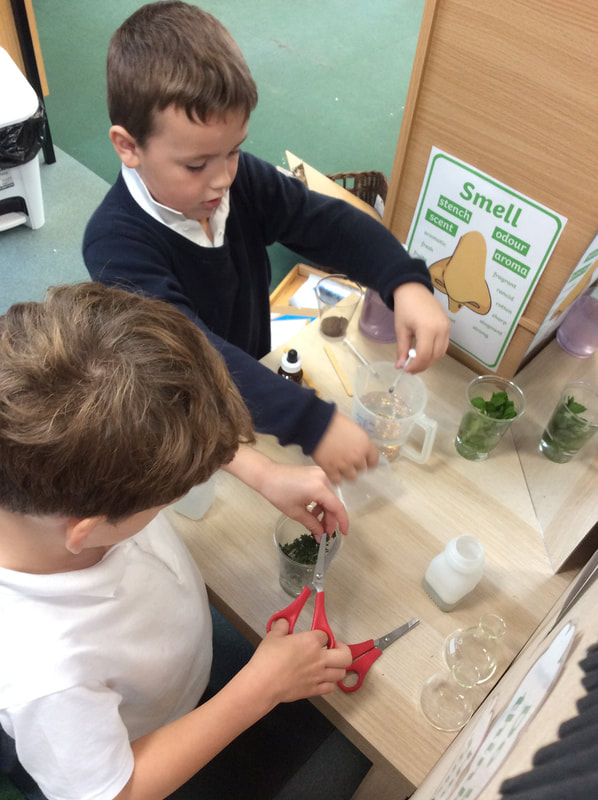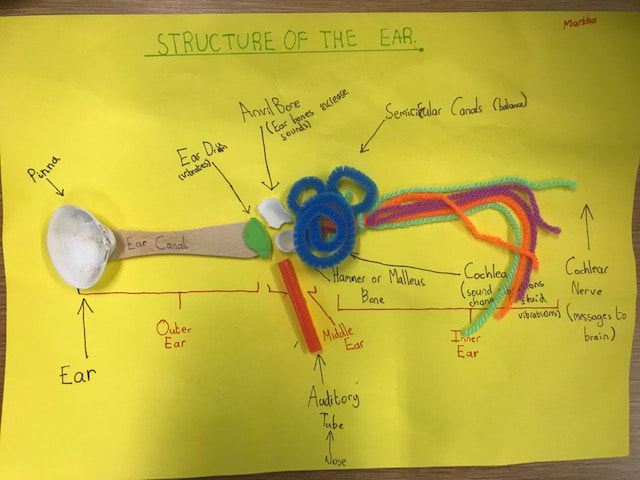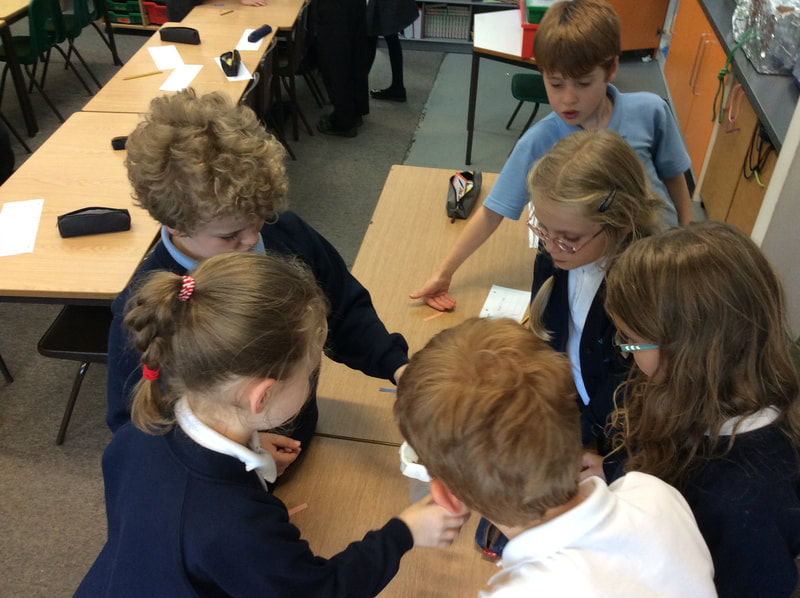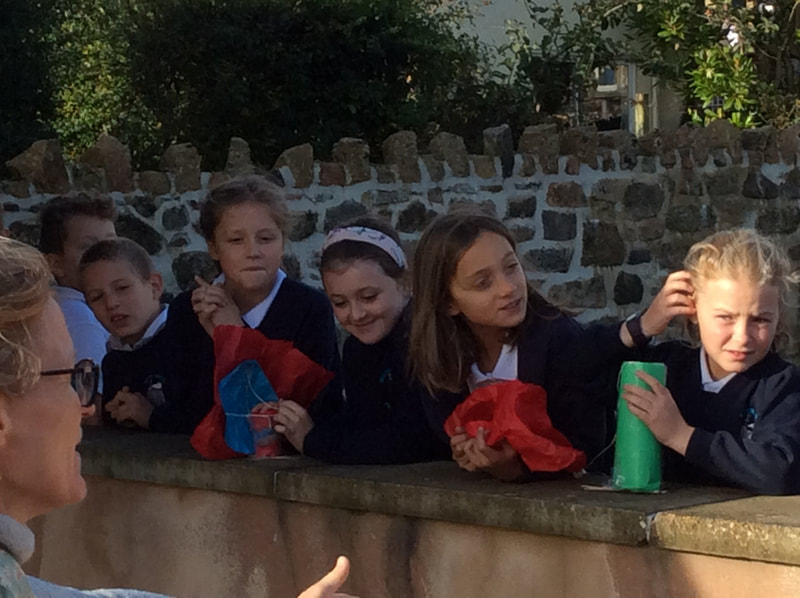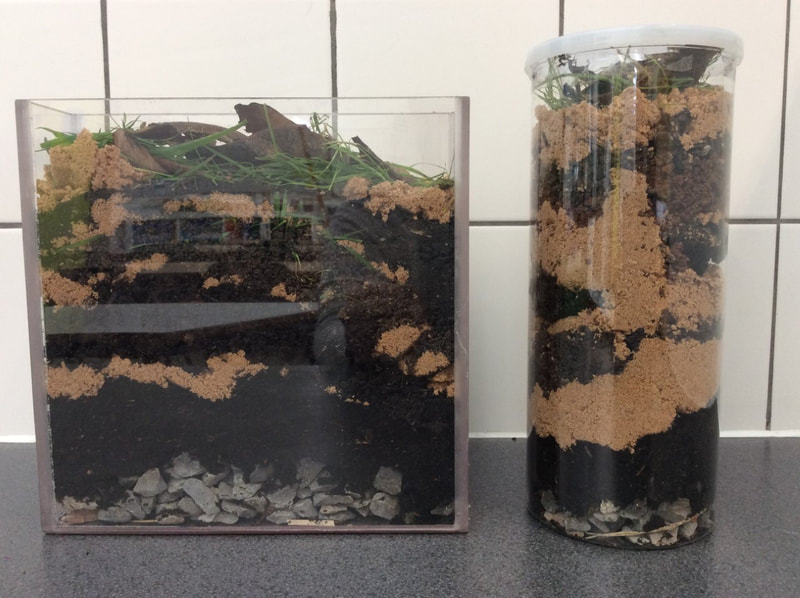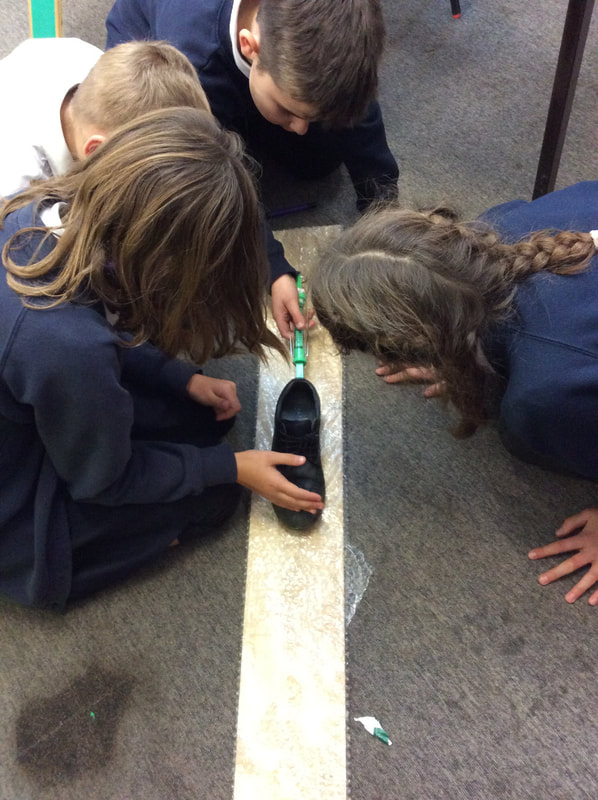INTENT
South Tawton follows the National Curriculum for science and aims to ensure that all children:
AIMS
South Tawton follows the National Curriculum for science and aims to ensure that all children:
- develop scientific knowledge and understanding through the disciplines of biology, chemistry and physics;
- are able to answer scientific questions relating to the world around them by using different types of science enquiry; and
- are aware of how science is used in our everyday lives - home and work - and the need for science, today and in the future.
AIMS
- Teachers create a positive attitude to learning science with high expectations for all children. We have a progressive approach to the teaching and learning. Science teaching involves:
- identifying a clear intent for all science lessons in particular all practical tasks;
- asking simple questions and recognising that they can be answered in different ways;
- undertaking practical work in realistic environments to answer questions by observing, testing and classifying;
- gathering and recording data to help answer questions; and
- linking scientific learning across other curricular area.
Implementation
Teachers create a positive attitude to learning science with high expectations for all children. We have a progressive approach to the teaching and learning. Science teaching involves;
Impact
A fun, engaging, high-quality science education, providing children with the foundations for understanding the world and the opportunities related to science.
Engagement with the local environment ensures that children learn through varied and first hand experiences of the world around them. We achieve this through: activates in our forest school; visiting the local nature reserve; utilising local National Trust sites (Finch Foundry and Castle Drogo); working in the local community; trips and visits by experts.
Children acquire the appropriate age related knowledge linked to the science curriculum, scientific knowledge, understanding, investigative skills and a richer vocabulary as well and an instilled enthusiasm for science.
Teachers create a positive attitude to learning science with high expectations for all children. We have a progressive approach to the teaching and learning. Science teaching involves;
- identifying a clear intent for all science lessons in particular all practical tasks;
- asking simple questions and recognising that they can be answered in different ways;
- undertaking practical work in realistic environments to answer questions by observing, testing and classifying;
- gathering and recording data to help answer questions; and
- linking scientific learning across other curricular area.
Impact
A fun, engaging, high-quality science education, providing children with the foundations for understanding the world and the opportunities related to science.
Engagement with the local environment ensures that children learn through varied and first hand experiences of the world around them. We achieve this through: activates in our forest school; visiting the local nature reserve; utilising local National Trust sites (Finch Foundry and Castle Drogo); working in the local community; trips and visits by experts.
Children acquire the appropriate age related knowledge linked to the science curriculum, scientific knowledge, understanding, investigative skills and a richer vocabulary as well and an instilled enthusiasm for science.
Autumn |
Spring |
Summer |
|
Year 1 |
Animals Including Humans |
Seasonal Changes Everyday Materials |
Animals including Humans Plants |
Year 2 |
Animals including Humans |
Uses of Everyday Materials |
Living Things and their Habitats Plants |
Year 3 |
Rocks Light |
Forces Magnets |
Plants Animals including Humans |
Year 4 |
Electricity States of Matter |
Sound Living Things and their Habitats |
Animals including Humans Living Things and their Habitats |
Year 5 |
Earth & Space Forces |
Animals including Humans Living Things and their Habitats |
Properties of Materials Changes of Materials |
Year 6 |
Animal Including Humans Light |
Electricity Evolution and Inheritance |
Living Things and Their Habitats Investigations |
Click here for our Science overview.
Click here for progression in science.
Click here for progression in working scientifically.

